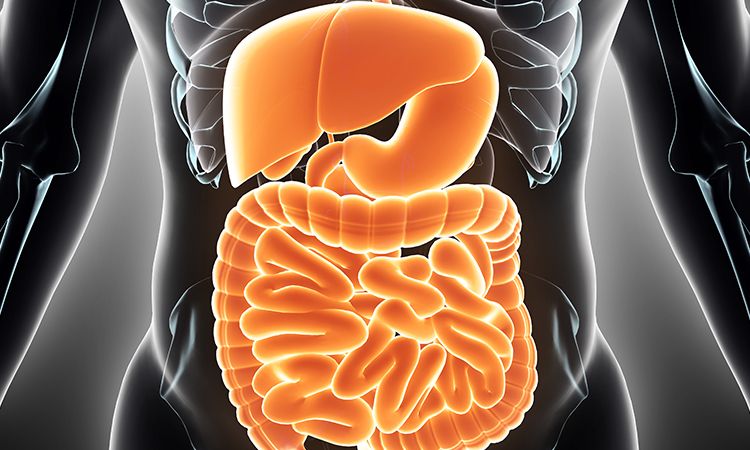“The way to a man’s heart is through his stomach.”
Apparently. But while this might now be a little dated, there is some truth in a part of it, or at least “the way to health is through the stomach”.
Why? Because ever-emerging research is finding that the microbes in our gut heavily influence our health.
The elements of absorption, bioavailability, and good gut health are intertwined and important to one another. This is a key factor in why NuLiv Science researchers examine the mechanisms of action in absorption and bioavailability, particularly with a focus on AstraGin® since it’s demonstrated in multiple studies to support a healthy gut environment. When the gut is at its optimal level, the microbiome can flourish.
These good bugs; bacteria, viruses, and fungi, are all essential for a healthy gut. We’ve known that for a long time. They help us digest food and take useful nutrients from it, help our immune system to protect us from allergies, and support us in fighting those invading bad bugs. Nobody wants a bad bug. If you’ve ever had food poisoning, then you’ll know why.
Collectively, these good ‘bugs’ are called our ‘microbiome’, and there are a lot of them. Around 1-2kg in a healthy adult gut, equating to millions upon millions of microscopic little helpers, going about their daily jobs inside us, without us even thinking about them. An inner ecosystem working symbiotically with us to keep us healthy, if you like.
But if they’re not healthy, then neither are we.
When our microbiome breaks down food, by-products of digestion are produced which are essential for controlling our mood, appetite, immunity, and inflammation. If our microbiome is depleted, or not working as it should, then these tightly controlled systems can fail, potentially leading to depression, obesity, and chronic inflammatory conditions.
Scientists have found that those with inflammation have more depleted levels of good bacteria strains in their stools. Genetics play a large role in inflammatory conditions, but scientists are beginning to understand other causes such as depleted microbiomes. Overusing antibiotics and an obsession with cleanliness and sterility sweeping the Western world may seriously deplete these good guys.
Researchers now also understand that a healthy brain depends on a healthy gut; our microbiome affects our brain function and behavior. It’s an exciting area of research and one that is expanding all the time.
But the good news is, we can eat to nourish our microbiome and keep it happy. High-fiber foods such as onions, cloves of garlic, and leeks contain a substance called inulin which our good bacteria feed on. Foods high in polyphenols such as red wine, coffee, and dark chocolate are all excellent energy sources for our microbiome, as are olive oils, berries, nuts, and seeds.
These are all known as ‘prebiotic’ foods, as they nourish our good bacteria. ‘Probiotic’ foods on the other hand, actually contain the good bacteria that live in our gut, and so are beneficial in keeping the levels topped up. Probiotic foods include fermented foods such as kefir, kimchi, sauerkraut, and miso.
Look after your end-user’s microbiome, and they’ll look after you!
